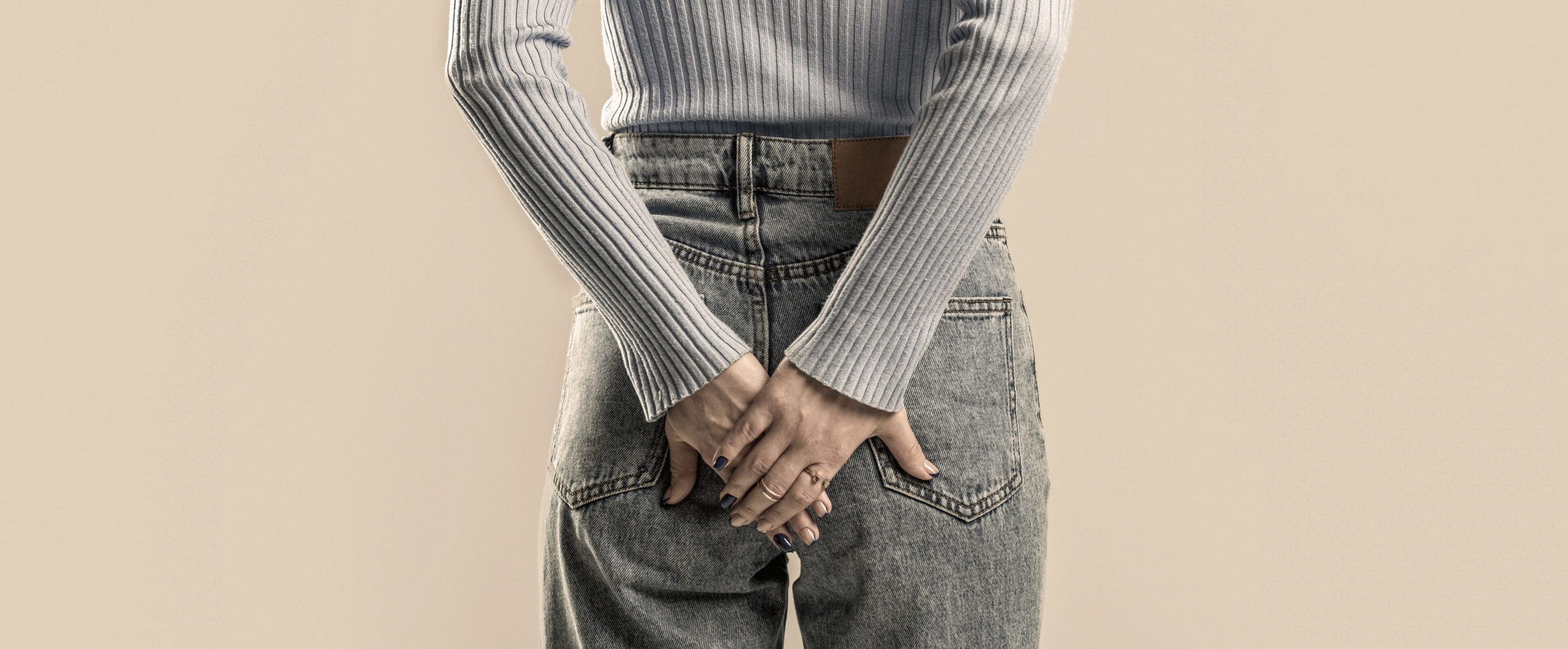Everything you need to know about haemorrhoids
By naturopath Margaret Jasinska
Haemorrhoids are a common problem. The information in this article will give you some strategies to help manage haemorrhoids and reduce the risk of their occurrence. What exactly are haemorrhoids? They are dilated swollen veins that occur in the lower rectum and anus area. They can be considered as varicose veins in the lower bowel. Blood clots may form inside the haemorrhoids, which can make them hard, painful and swollen.
Symptoms can range from mild discomfort or pressure to extreme pain in the back passage and anus, making it impossible to sit down. Haemorrhoids may cause itching of the anus, a mucous discharge or bleeding, with bright red blood seen in the toilet bowl and/or on the toilet paper after wiping. Please see your doctor if you experience any of these symptoms. Don’t just assume it must be a harmless haemorrhoid. Occasionally symptoms like this could indicate colorectal cancer.
The surgical techniques most commonly used for haemorrhoids are cryotherapy (freezing of the haemorrhoid), or placing rubber bands around the neck of the haemorrhoids to strangle them.
Why do haemorrhoids develop?
The following factors raise the risk:
- Chronic constipation or diarrhoea, or irritable bowel syndrome. Spending a lot of time on the toilet for any reason.
- Pregnancy
- Liver diseases or liver congestion
- Obesity
- Excessive alcohol intake
- Oestrogen dominance, which also raises the risk of varicose veins and cellulite
- Lack of vitamin C and bioflavonoids, which strengthen vein walls
Natural ways to overcome haemorrhoids
- Try to fix your digestive problems and normalise your bowel habits. This usually involves making some diet changes, healing leaky gut and correcting gut bug imbalances. There is a great deal of helpful information in the book Healthy Bowel Healthy Body: An A to Z Guide.
Fibretone is a gentle psyllium based stool softener that can help normalise the stool. - Drink plenty of fluids such as water, tea, coffee, vegetable juices and herbal teas. The best herbal teas are horse chestnut and nettle. Dandelion coffee can also be beneficial for liver health.
- Drink organic apple cider vinegar in a dose of 2 tablespoons in ¼ mug of warm water with every meal. This helps to improve digestion.
- Make sure you are eating lots of vegetables, to obtain sufficient antioxidants and micro nutrients. The pith in citrus fruits is high in bioflavonoids, which strengthen vein walls.
- Creams or suppositories can be applied to the haemorrhoids or inserted into the rectum. These typically contain local anaesthetic/steroid drugs for quick short-term relief of the pain of haemorrhoids which are swollen or have blood clots in them. You could also use herbal creams/ointments containing the herbs witch hazel, calendula, golden seal and/or hypericum. Castor oil and zinc cream can also be soothing.
- Sit in a warm salt bath with 3 tablespoons of sea salt dissolved in the water. This will provide cleansing and soothing of the anal area.
- Regular exercise and the avoidance of prolonged standing or sitting are important.









Leave A Comment